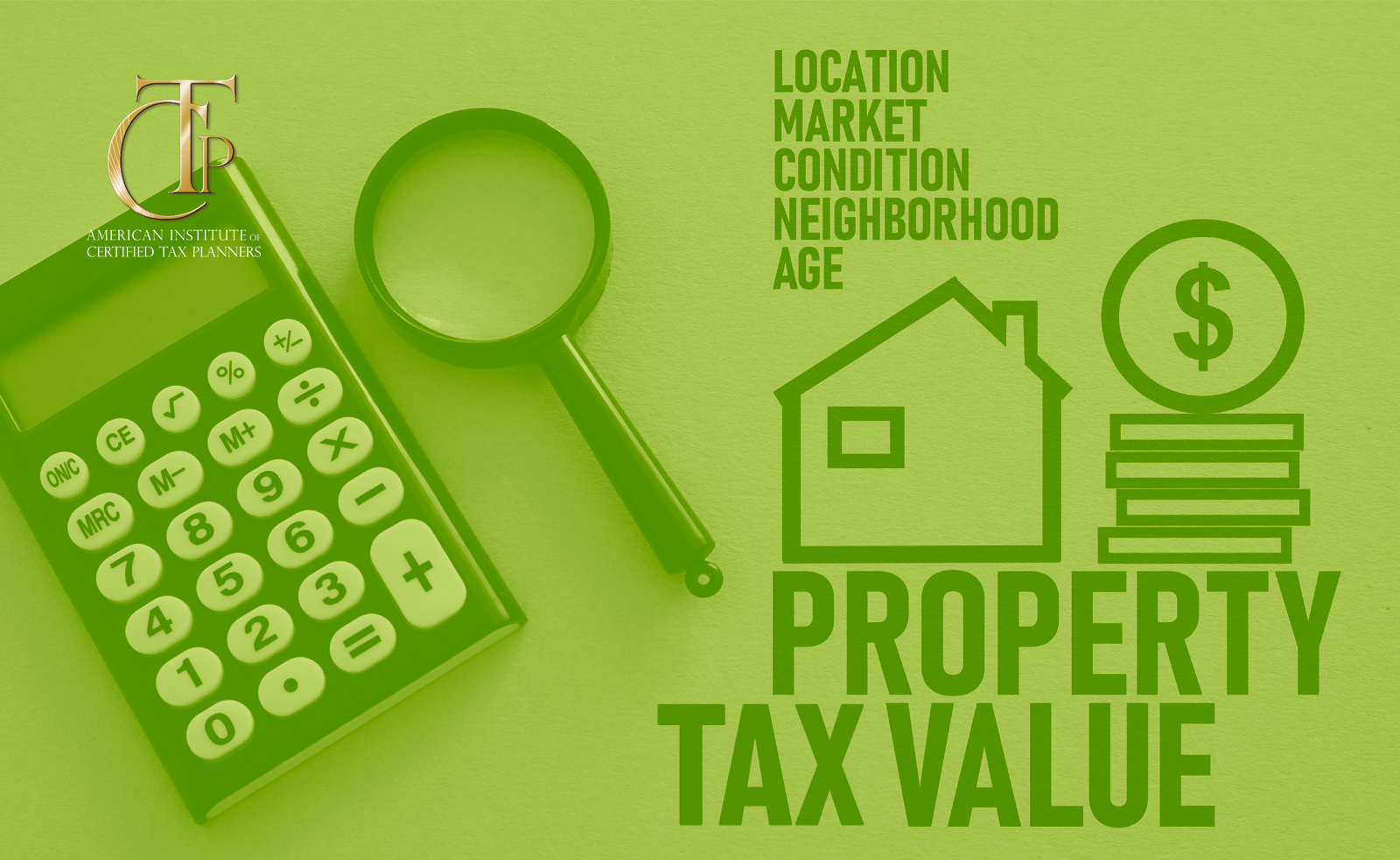Getting hit with the highest property tax bills you’ve seen in years? You’re not alone. Homeowners across the country have been experiencing similar pains. In 2023, property tax rates rose by 6.9%, twice as much as the previous year, amounting to an average tax bill of $4,062. Homeowners may not feel like they have any options aside from saving up and taking the hit. But is that all there is to it?
Residential property taxes are based on the value a local government assigns to the property—also known as the assessed value. In some states and cities, a new assessment is done every year, while in others this only happens once every few years. The factors that go into a property valuation will also vary depending on where you live. In some areas, property value will be determined by the price that similar properties sold for that year—known as the fair market value. In other areas, the fair market value might be multiplied by a specific assessment rate. Other factors, such as your property’s age, construction type, location, and size can also impact your tax rate.
This might all sound fairly complicated, but the good news is since so many factors can weigh into a property valuation, there are multiple avenues you can use to challenge the assessed value of your property. Nationally, less than 7-8% of people challenge those assessed values, and yet estimates suggest that 50% of all property in the U.S. is over-assessed.
Why Might a Property Be Over-Assessed?
If you’re not a real estate appraiser, you may feel like you have very little to go off of in figuring out if your property was valued accurately. Most taxpayers tend to think that an assessment is fair if it’s below current fair market value. What we should actually be looking for is something called equitability. This simply means that a property should be valued equitably with similar type properties within the same taxing jurisdiction.
What factors can play into an over-assessment? Over-assessments are more common with certain types of property, such as a property that goes into foreclosure or is found through a property tax sale tends to be over-assessed. Assessors might be using outdated statistics or data to assess the property values. When inflation is on the rise or when real estate costs in an area are increasing, the assessor’s office may impose an upward adjustment across all properties. However, if housing costs dip or economic conditions stabilize, the assessor’s office doesn’t always impose an adjustment downward. This can result in properties being over-assessed.
Assessors may also fail to take into consideration the most recent local changes that could impact a property’s appeal. Say your property’s location is declining in market appeal—this can give you a sound argument for requesting a lower valuation. Or say you discover that the number of vacant properties in your area is rising quickly. For example, more and more people have been leaving the state of Florida recently because of skyrocketing homeowner’s insurance. These price spikes have resulted in more vacant properties and decreasing property values. This would be another possible reason to argue for a lower valuation.
Another case would be if a house has a deteriorated roof. The valuation should be adjusted down because that is likely to affect the price the home will fetch on the market. However, the “comparable” properties an assessor considers might have newer roofs. This factor might have been overlooked in determining how much your specific property is worth. Similarly, if your property is located next to a major noisy highway, that would lower your valuation compared to similar properties.
In this process, you will also want to familiarize yourself with the details of your own property’s valuation and the valuation on comparable properties that were recently sold in your area. We will go into the steps for obtaining and analyzing property valuations in our next blog, but once you have collected this information, you might notice something on your valuation looks off. Oftentimes, most of the value is in the land, so we would expect the value listed for the land to be higher than the value of any improvements. If it’s the other way around, you likely want to look into that. By looking at comparable properties, you can see how that breakdown occurs and make adjustments to the value that would merit a lower tax bill.
Summary
Property tax assessments are much more complex than many taxpayers realize—which can actually work in your favor. When you consider all the different reasons a home may be over-assessed, you can see why it is worthwhile to dig a little deeper into what your local assessor did or did not factor into your home’s valuation. The work will be well worth it when you see that reduced property tax bill.
If you are looking for expert guidance in collecting key documentation and understanding what is possible from a tax perspective, reach out to a Certified Tax Planner today to begin the conversation.





